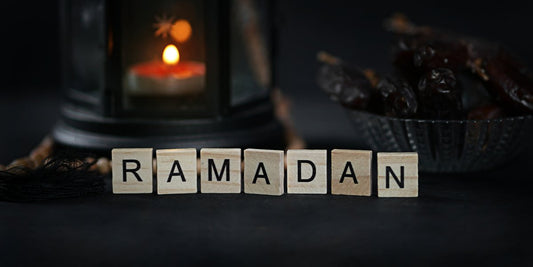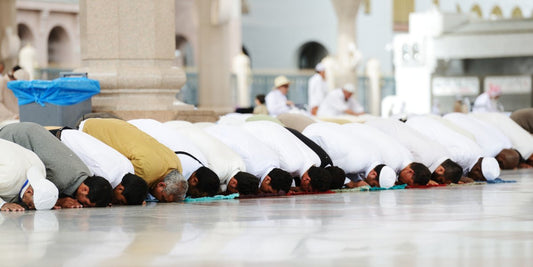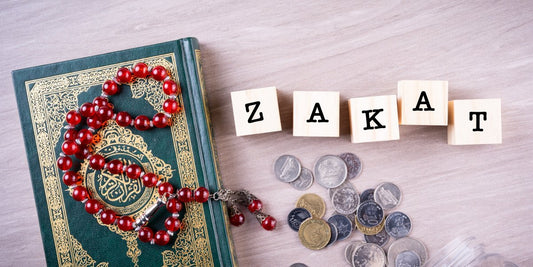A Sadaqah is a charitable deed carried out solely out of empathy, affection, kinship, religious requirement, or kindness on one's own will.
Smiling at your neighbor, removing danger from somebody's way, providing meals to those who need it, or digging a well to relieve thirst are all examples of service.
The Importance of Sadaqah
To maintain the Islamic Ummah, Sadaqah acts as a means of guaranteeing that our lesser privileged sisters and brothers get the help they can have to survive day-to-day.
Individuals in rural areas will have the right to schooling, medical treatment, nutrition, and clothes to survive the challenging seasons and arid summertime.
You are threatened with deprivation by Satan, who orders you to be careless, but Allah assures you of mercy from Himself and of a plentiful supply. (2:268), the Qu'ran.
Your Sadaqah foils the devil's plan to make us poor and hungry. It's essential to cleanse your own money while also making sure people left behind may have the essentials of life without worrying or fighting.
As a community, we can make a difference in the lives of those who are left behind, particularly the orphaned and widowed in our midst.
Terms and Conditions of Sadaqah
-
- Don't count anything you donate in the total.
-
- Don't put off donating your Sadaqah.
-
- Sadaqah could only come from halal (permissible) sources of giving.
-
- It is preferable to keep our actions or gifts secret.
-
- To please Allah (SWT), Sadaqah should not be offered to get acclaim or credit from everyone else.
Types of Sadaqah
-
Jariyah – Constantly giving back to the community.
-
Lillah – Donation for Allah's pleasure
-
Waqf – To be maintained in permanent trust as continuing donation (Sadaqah Jariyah) or to further a broad or specialized goal deemed morally good by Islam, resources are given, inherited, or acquired.







